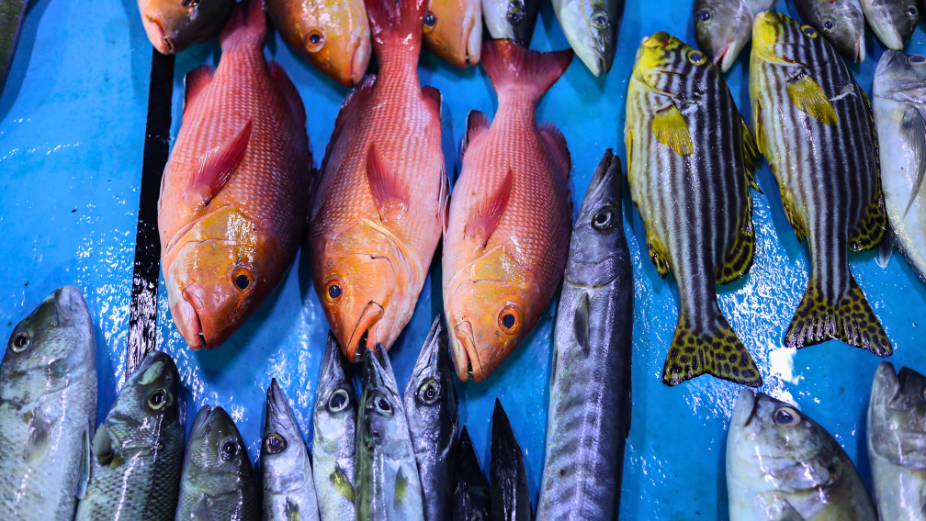
In a recent meeting between Maldives’ Foreign Minister Moosa Zameer and French Ambassador to the Maldives, Jean-François Pactet, key discussions were held regarding the reduction of European duties on Maldivian fish products. The meeting, held at the Foreign Ministry, demonstrated the close ties between the Maldives and France and explored avenues for deepening their bilateral relationship.
The talks encompassed a broad range of topics, including economic development, climate change, security cooperation, and facilitating travel to Europe. A significant focus of the meeting was on the potential reduction of duties imposed on fish exports from the Maldives to European markets. This step is seen as crucial for enhancing the Maldives’ economic growth and strengthening its seafood industry.
Minister Zameer expressed the Maldives’ eagerness to cooperate with France in mutually beneficial areas. Similarly, Ambassador Pactet conveyed his readiness to work closely with the Maldivian government to boost bilateral cooperation.
This discussion on duty reduction is not a new agenda for the Maldives. The previous government had put considerable effort into negotiating the reduction or complete elimination of duties on Maldivian fish products exported to Europe. Despite these efforts, success had been elusive.
In 2023, the Maldives government revealed significant progress in its efforts to obtain a duty exemption for its fish exports to the European Union (EU). Following the 4th Maldives-EU Senior Officials Meeting in Brussels, the EU acknowledged the Maldives’ accession to the Organisation of African, Caribbean and Pacific States (OACPS). This accession was viewed as a potential pathway for the Maldives to negotiate entry into the OACPS Eastern and Southern African Group’s interim Economic Partnership Agreement with the EU, which would allow tariff-free access to the EU market, including for tuna products.
The Maldives had previously enjoyed duty-free exports to Europe until it transitioned from a developing country to a middle-income country, resulting in the imposition of duties. The current duty rate stands at 24%, a significant barrier for Maldivian fishermen who face challenges in selling their catch at adequate prices, especially when compared to other Indian Ocean countries that are not subject to such duties.
The continued efforts by the Maldivian government, as seen in the discussions with the French Ambassador and in previous EU negotiations, reflect a persistent commitment to addressing this critical issue for the Maldivian fishing industry, a vital sector of the nation’s economy.











